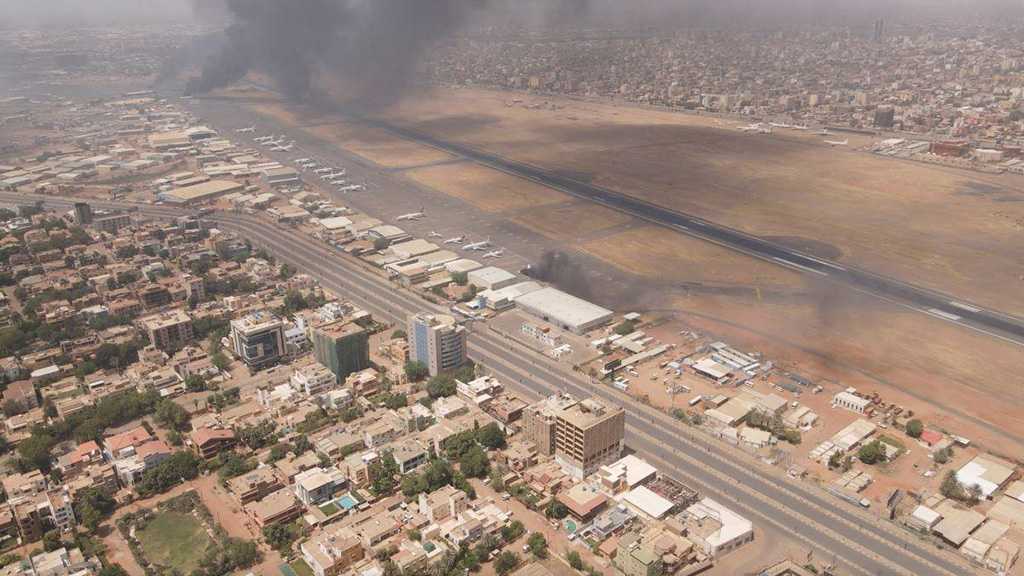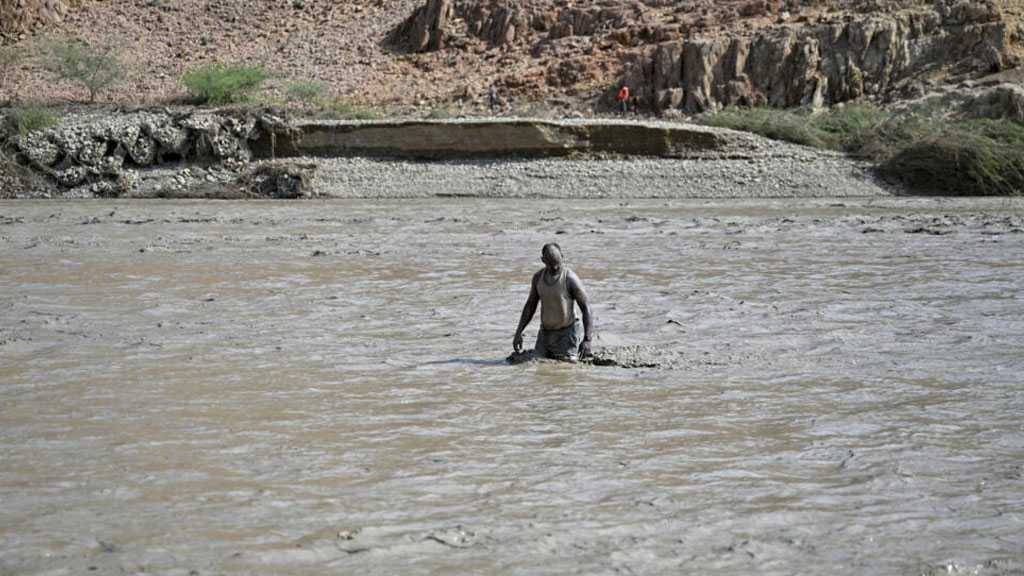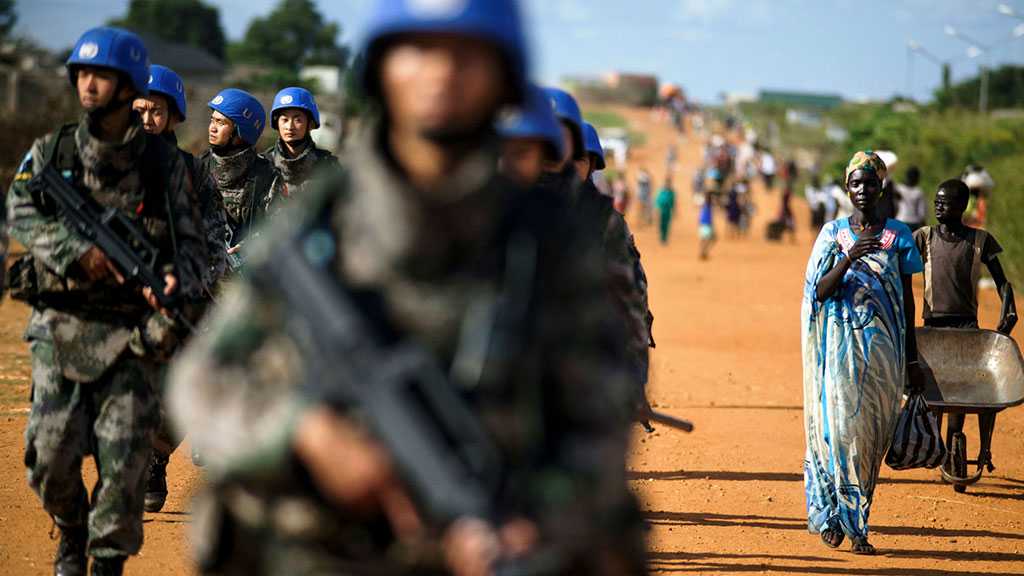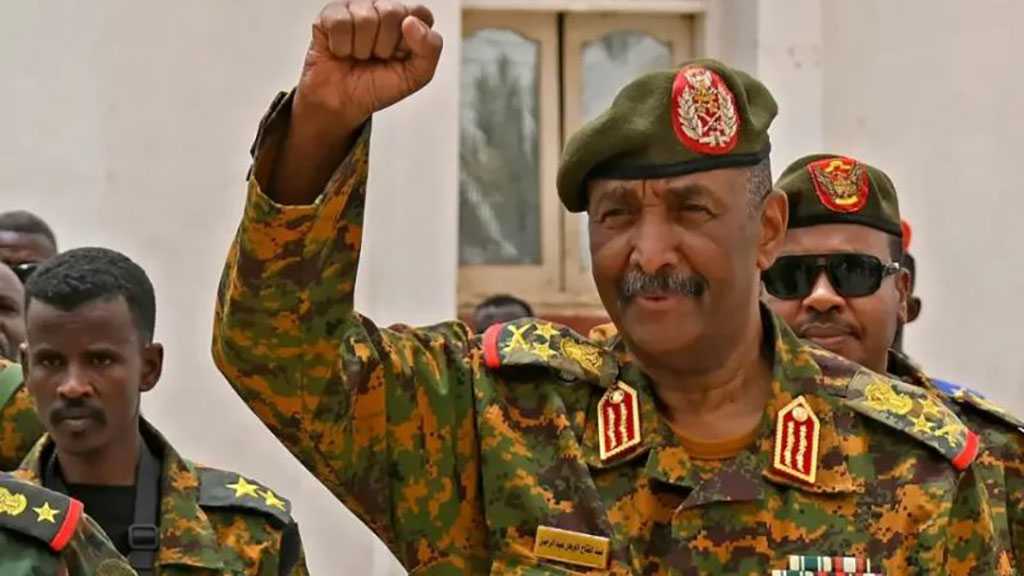UN: No Sign Sudan Warring Parties Ready to Negotiate

By Staff, Agencies
The UN envoy to Sudan Volker Perthes warned that “There are no signs that the warring parties in Sudan are ready to seriously negotiate an end to fighting,” as a shaky 72-hour ceasefire was partially holding, though armed clashes were reported in strategic locations in the capital Khartoum and elsewhere.
Perthes remarks came in his statement to the UN Security Council meeting in New York City on Tuesday that both sides in the conflict believe that they can secure a victory.
“There is yet no unequivocal sign that either is ready to seriously negotiate, suggesting that both think that securing a military victory over the other is possible,” Perthes said.
He further stated: “This is a miscalculation.”
Commenting on the temporary and shaky truce between the Sudan Armed Forces [SAF] and the paramilitary Rapid Support Forces [RSF] which went into effect on Tuesday, Perthes said that it was “holding in some parts so far”, but fighting had continued in key areas.
“We also hear continuing reports of fighting and movement of troops,” he said.
Perthes also denounced what he described as the “disregard for the laws and norms of war” among the combatants who have turned Khartoum into a war zone since battles broke out on April 15 that have now left hundreds dead, thousands wounded, and seen civilian infrastructure attacked, including hospitals.
“Both of the warring parties have fought with disregard for the laws and norms of war, attacking densely populated areas, with little consideration for civilians, for hospitals, or even for vehicles transferring the wounded and sick,” the UN envoy said.
The fighting, Perthes said, “has created a humanitarian catastrophe with civilians bearing the brunt.”
Residential areas in Khartoum have been turned into battlefields where gun and tank fire, air attacks and artillery shelling have killed at least 459 people, wounded more than 4,000, cut power and water and limited food distribution in a nation where a third of its 46 million people had already relied on food aid.
Comments
- Related News




